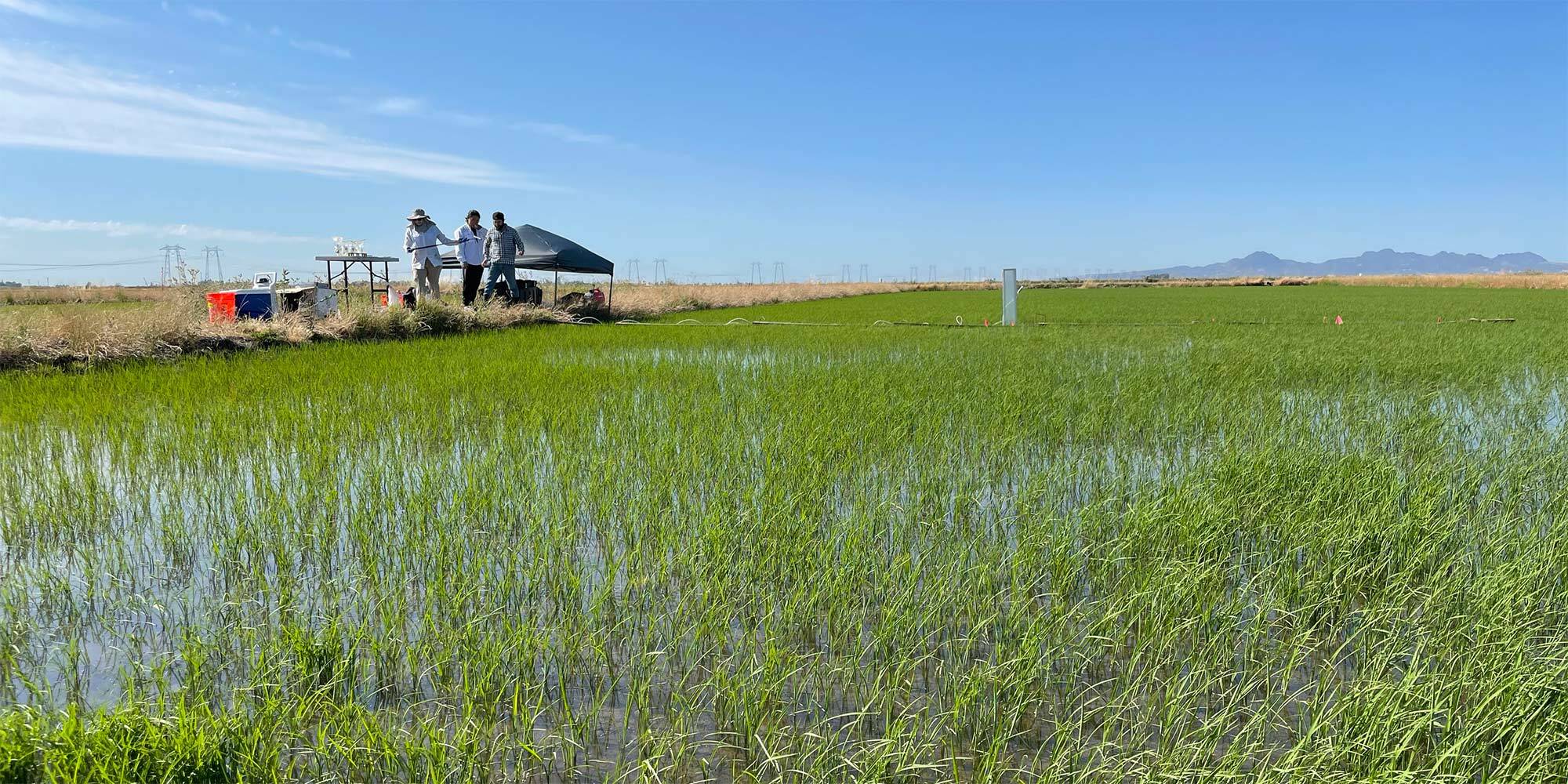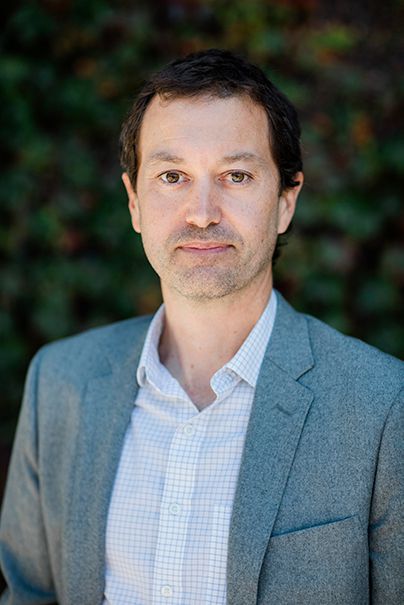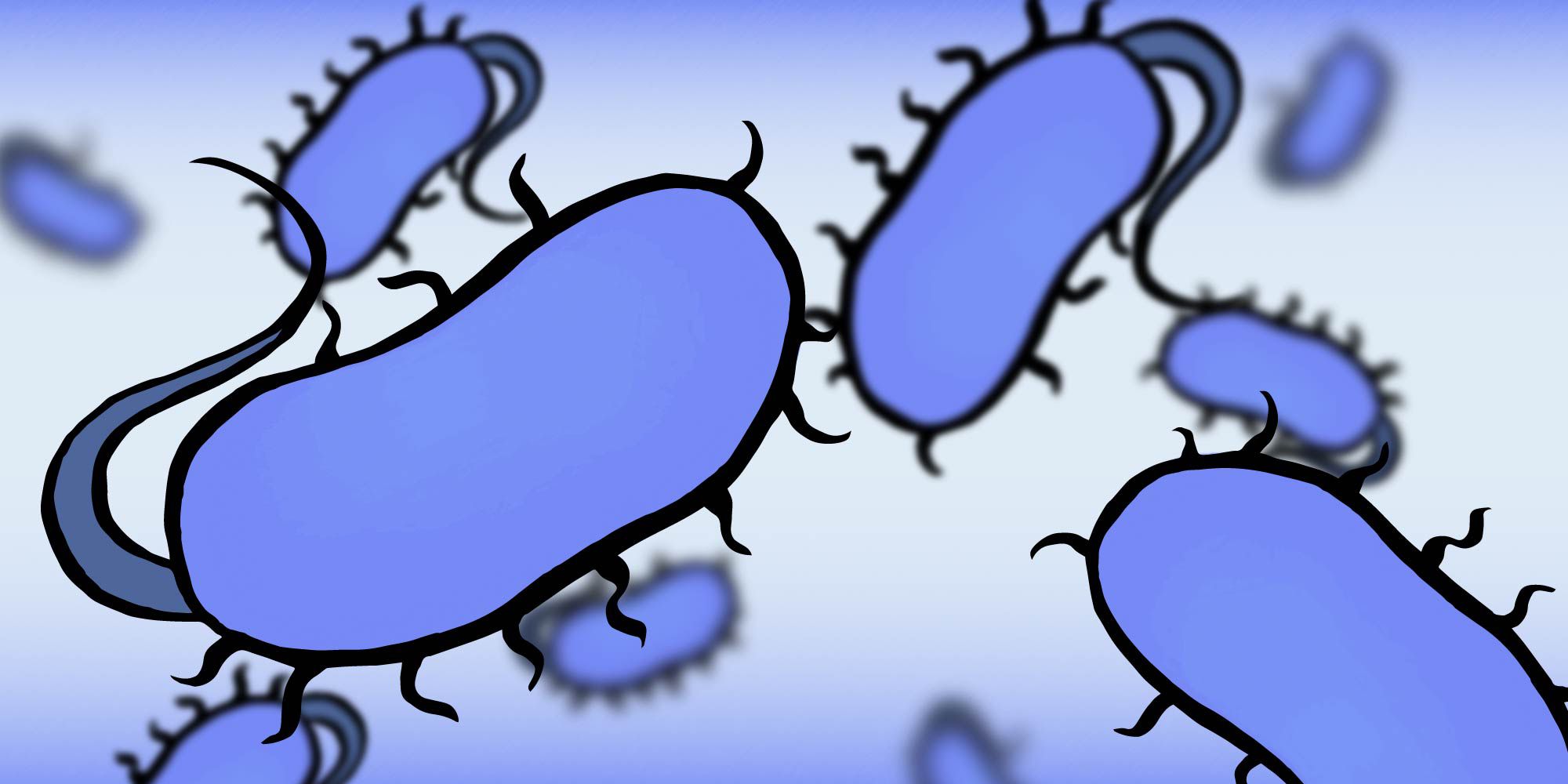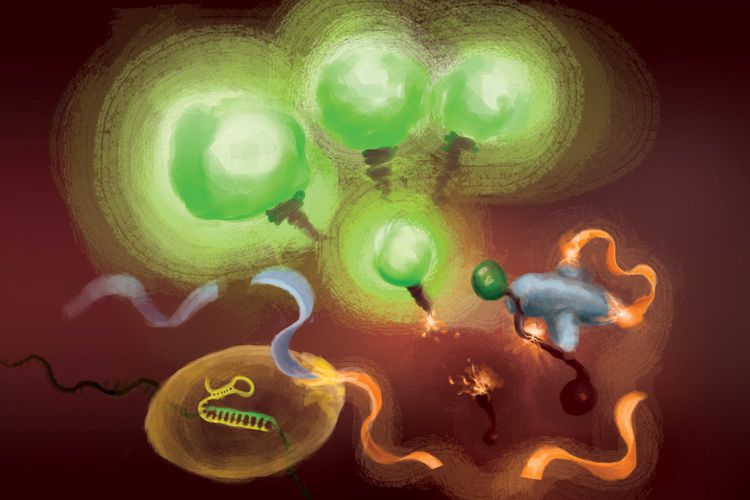

news
David Savage Earns Prestigious Appointment as a Howard Hughes Medical Institute Investigator
The Howard Hughes Medical Institute (HHMI) announced a new cohort of Investigators for its 2021 program today, honoring scientists from across the United States who are diving deep into tough questions that span the landscape of biology and medicine. David Savage, IGI Investigator and Associate Professor of Molecular & Cell Biology at UC Berkeley, was one of the 33 named — three of which were from UC Berkeley — joining a group of IGI Investigators and affiliated researchers currently holding the prestigious appointment, including Jennifer Doudna, Britt Glaunsinger, Eva Nogales, and Randy Schekman.

Each new HHMI Investigator will receive roughly $9 million over a seven-year term, which is renewable pending a successful scientific review. HHMI selected the new Investigators from more than 800 eligible applicants to join the existing group of roughly 250 HHMI Investigators.
Unlike many funding sources in the sciences, HHMI funds Investigators, not specific projects, allowing scientists to pursue projects that push boundaries.
“HHMI is committed to giving outstanding biomedical scientists the time, resources, and freedom they need to explore uncharted scientific territory,” says HHMI President Erin O’Shea. By employing scientists as HHMI Investigators, rather than awarding them research grants, she says, the Institute is guided by the principle of “people, not projects.”
Learning from bacteria
Savage hopes to use the HHMI funding to pursue research into making crops more productive – and he thinks bacteria could help.
Like plants, water-dwelling cyanobacteria can photosynthesize, transforming sunlight, water, and carbon dioxide into sugar. But cyanobacteria do it better. Savage has spent the last decade studying one key component that makes cyanobacteria so efficient. Inside tiny compartments called carboxysomes, bacteria concentrate carbon dioxide molecules, making them readily available for photosynthesis. Savage and his team at the IGI recently showed how it’s possible to express carboxysomes in E. coli, allowing it to capture carbon dioxide from the atmosphere and use it, and now he is working toward installing this same functionality into plants — a more complex challenge.
Savage and his team are now deploying sophisticated genome editing tools, including CRISPR genetic screens, to tackle the problem.
“Professor Savage’s work, specifically his planned work on engineering a more efficient carbon concentrating mechanism for photosynthesis, is a critical component of IGI’s overall climate strategy to use plants and microorganisms to accelerate carbon capture and sequestration while increasing crop yields,” says IGI Executive Director Brad Ringeisen. “His HHMI appointment will allow him the freedom to explore critical but underfunded avenues of research that could have a huge impact.”
Savage hopes that one day the work could enhance plants’ photosynthesis abilities, so that farmers can harvest more from crops while using less land and fewer chemical inputs, giving agriculture the tools to adapt to changing climate conditions.
Read more:
Howard Hughes Medical Institute press release
Three new investigators named by Howard Hughes Medical Institute — Berkeley News


